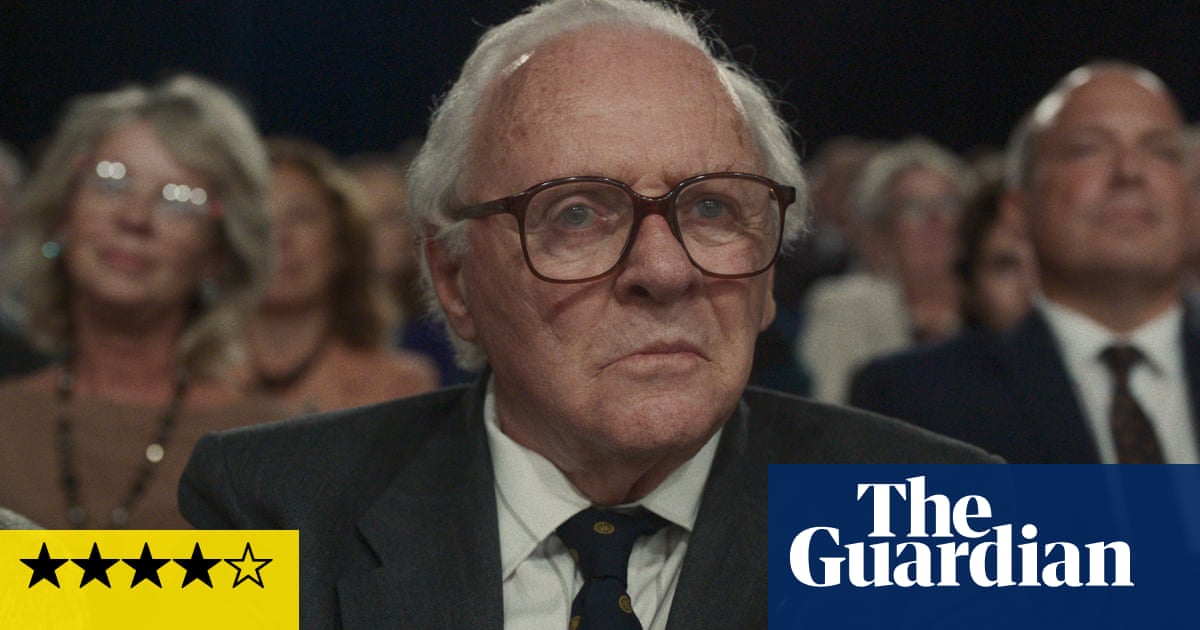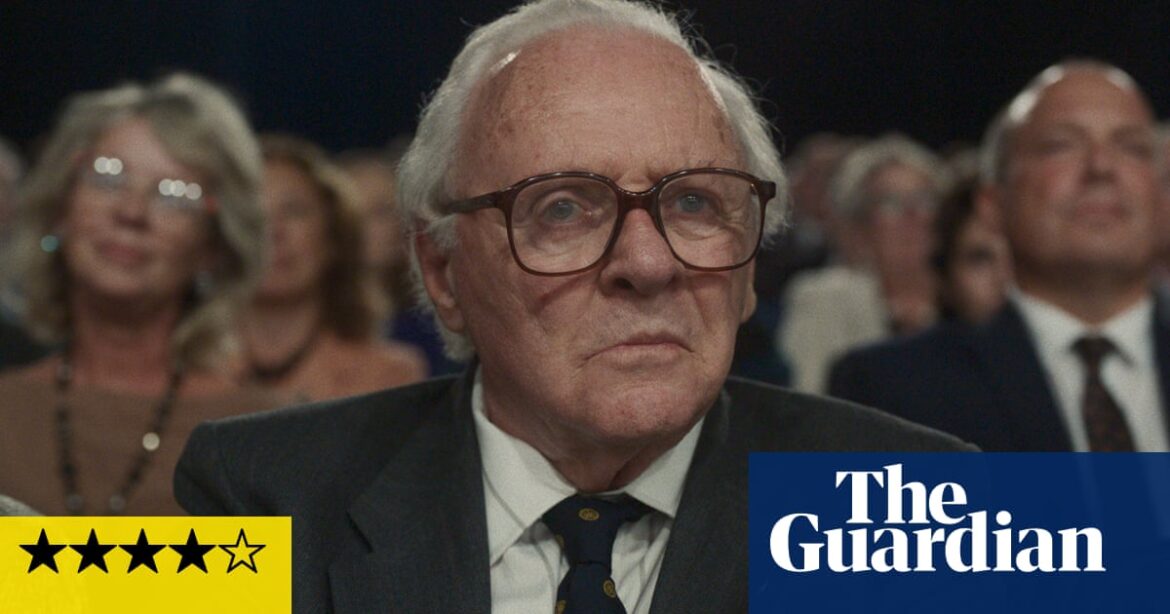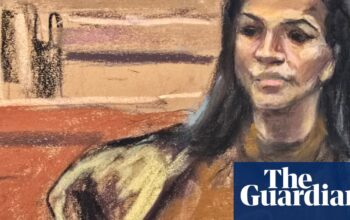
Y
It would be impossible not to be moved by the remarkable and factual account of Nicholas Winton, known as the “British Schindler”. The screenplay, written by Nick Drake and Lucinda Coxon, along with director James Hawes, conveys the story with genuine emotion and sincerity. It portrays a significant time in Europe during WWII and its aftermath, as well as a noteworthy and uplifting event in British television history.
Anthony Hopkins portrays Winton, a retired stockbroker in the 1980s. After encouragement from his wife Grete, he decides to declutter and focus on something he has long desired and feared to revisit: a scrapbook containing information about 669 Czech Jewish children who were rescued by him and other humanitarians during the late 1930s despite facing great challenges from the Nazis. This rescue mission involved fundraising, persuading government agencies for visas, and arranging foster care, which was essentially his own Kindertransport. Johnny Flynn portrays the younger version of Winton, who was a pro-refugee activist. Helena Bonham Carter delivers a powerful performance as Flynn’s determined and no-nonsense mother, Babette, who oversees his campaign from London.
Nine trains were used to rescue children and they had to go through Nazi territory on their way to Britain. The situation was very tense as at any moment, for any reason, the Nazi soldiers could prevent the children from continuing their journey by inspecting their papers. Eight of the trains were able to pass through without too much difficulty because their rescuers were British citizens before the war. However, the ninth train was still at the Prague station when news of Germany’s invasion of Poland arrived. Nazi soldiers entered the station and the impending tragedy caused great anguish and horror. This experience greatly impacts Winton’s memories.
After failing to garner attention from local press, a remarkable document caught the eye of Elisabeth Maxwell, wife of Robert. She then passed it on to Esther Rantzen (portrayed by Samantha Spiro), host of the popular show That’s Life! Rantzen invited the subject of the document onto her show twice, surprising him with a This-Is-Your-Life-style segment. On the second occasion, she arranged for every member of the studio audience to be either a grown-up child refugee or a descendant. This could have been a wacky and ill-planned scheme, but instead it turned into a moment of secular grace akin to something from a late Shakespeare play. The film does justice to this profoundly moving event in British public life through a quietly poignant drama.
Bypass the advertisement for the newsletter.
after newsletter promotion
Source: theguardian.com



